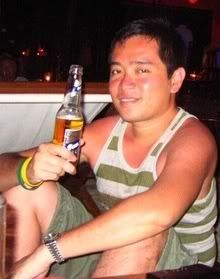Bernard Lawrence "Bernie" Madoff (IPA: /ˈmeɪdɒf/) (born April 29, 1938) is an American businessman and former chairman of the NASDAQ stock exchange. He founded the Wall Street firm Bernard L. Madoff Investment Securities LLC in 1960 and was its chairman until December 11, 2008, when he was charged with perpetrating what may be the largest investor fraud ever committed by a single person.[1] He is under house arrest until his indictment, expected in mid-February.[2]
On December 10, 2008 Madoff allegedly told his sons, Andrew and Mark, that the asset management arm of his firm was a giant Ponzi scheme--or "one big lie."[3] They then passed this information to authorities.[4][5][6][7][8] The following day, Federal Bureau of Investigation agents arrested Madoff and charged him with one count of securities fraud. Five days after his arrest, Madoff's assets and those of the firm were frozen and a receiver was appointed to handle the case.[9] According to federal charges, Madoff said that his firm has "liabilities of approximately US$50 billion."[5][10][11] Banks from outside the U.S. have announced that they have potentially lost billions in dollars as a result.[12][13] Some investors, journalists and economists have questioned Madoff's statement that he alone is responsible for the large-scale operation, and investigators are looking to determine if there were others involved in the scheme.[14]
Madoff's firm, which is in the process of liquidation, was one of the top market maker businesses on Wall Street (the sixth-largest in 2008),[15] often functioning as a "third-market" provider that bypassed "specialist" firms and directly executed orders over the counter from retail brokers.[16] The firm also encompassed an investment management and advisory division that is now the focus of the fraud investigation.[10]
Madoff was also a prominent philanthropist who served on the boards of nonprofit institutions, many of which entrusted his firm with their endowments.[17][18] The freeze of his and his firm's assets have had effects around the world on businesses and charities, some of which, including the Robert I. Lappin Charitable Foundation, the Picower Foundation, and the JEHT Foundation, have been forced to close as a consequence of the fraud.[17][19][20][21]
